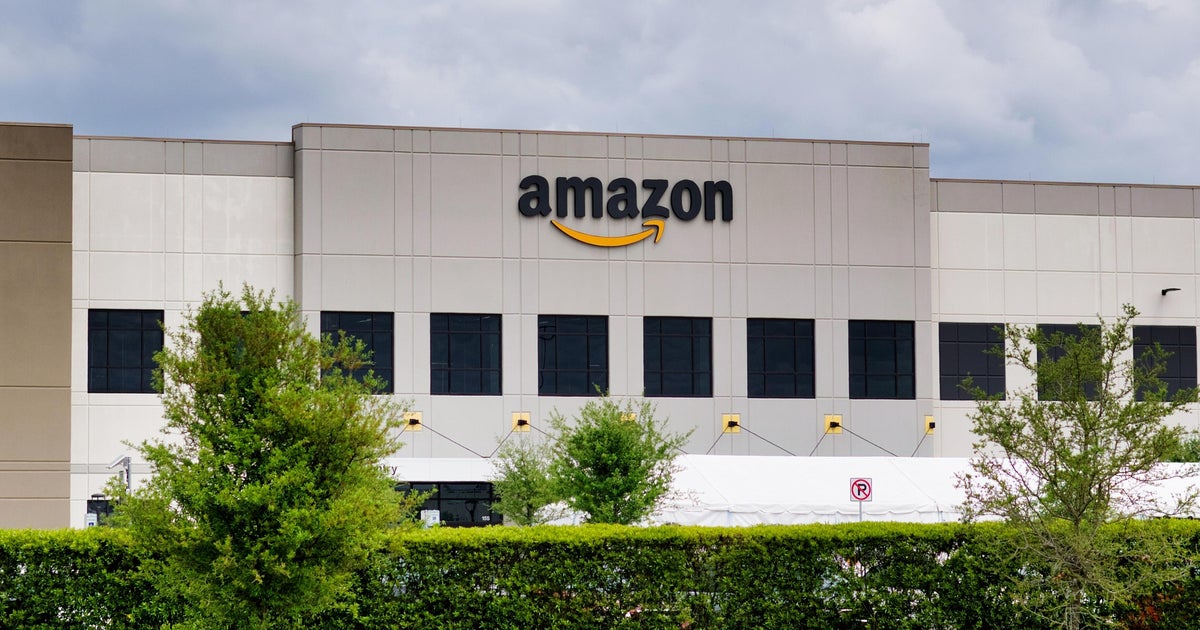Use Amazon, Uber Or Walmart.com? You've Probably Signed Away Your Right To Sue Them
(CNN) -- Tucked into the sign-up process for many popular e-commerce sites and apps are dense terms-of-service agreements that legal experts say are changing the nature of consumer transactions, creating a veil of secrecy around how these companies function.
The small print in these documents requires all signatories to agree to binding arbitration and to clauses that ban class actions. Just by signing up for these services, consumers give up their rights to sue companies like Amazon, Uber and Walmart before a jury of their peers, agreeing instead to undertake a private process overseen by a paid arbitrator.
Binding arbitration clauses have been common for decades, whether buying a car or joining a membership club like Costco, but the proliferation of apps and e-commerce means that such clauses now cover millions of everyday commercial transactions, from buying groceries to getting to the airport.
In 2019, the US Supreme Court issued the latest in a series of rulings upholding companies' rights to enforce binding arbitration agreements and banning class action cases.
Consumers are "losing access to the courthouse," said Imre Szalai, a law professor at Loyola University New Orleans. He authored a 2019 study which found that 81 companies in the Fortune 100 employ some form of consumer arbitration agreements, with clauses that cover more than 60% of US retail e-commerce sales.
In an email, Amazon said it works to resolve customer concerns about its own products or those offered by third-party sellers on its site. "As a result, the vast majority of customer complaints are resolved informally," said a company spokesperson. "Every customer is important to us, so we seek to resolve customer complaints individually with the customer whenever possible."
Walmart and Uber did not respond to questions about their use of arbitration clauses.
To be sure, arbitration has its advantages over traditional lawsuits. The private process tends to be faster and cheaper for both sides, and companies often agree to pay the arbitrator's fee, said UCLA Law School professor and arbitrator Jeffrey Dasteel. Proponents also argue the system helps relieve the nation's overburdened court system.
But the nature of arbitration has disadvantages for consumers. It can be hard to find and afford legal representation, Szalai said, especially if the amount of money at play is relatively small.
Class actions were designed to band together large groups of consumers. But a majority of the companies Szalai studied explicitly restrict class actions in their binding arbitration agreements. (Amazon and Walmart do this, but also say complaints that qualify for small claims court are exempt from binding arbitration.)
Class action lawsuits can easily mushroom from 100 to 100,000 customers, with a significant financial impact for companies. "That's really absolutely a key issue," Dasteel said. In addition, arbitrators aren't required to follow legal precedents and both sides have only a limited right to appeal in the process.
Unlike a normal court proceeding, arbitration is often confidential and the outcome doesn't enter the public record. There's no way to know what legal problems consumers may be having with these companies and how they are -- or are not -- being resolved.
"It's hard to have any transparency into how companies are behaving," said Professor Roger Allan Ford of the Franklin Pierce Center for Law and Technology at the University of New Hampshire. Arbitration proceedings leave no public record for journalists or legal and consumer watchdogs to follow, making it difficult to know if the regulatory system is working, he contends.
Critics believe the use of private arbitration helped keep secret Uber's issues with sexual assault and harassment by drivers. The company changed its arbitration policy in 2018 so that victims of sexual violence could choose which venue to pursue their claims.
Lawsuits provide a valuable role for society in publicizing information and building legal precedents, Szalzi said. Discovery, a regular part of the court process, unearths a company's behavior through depositions, testimony and documents. Public lawsuits can have a "shaming or punitive effect," Szalzi said, while the increasing use of arbitration diminishes the likelihood or incentive for a company to make changes.
Courts do require companies to give consumers reasonable notice of terms and conditions and generally assent in some way (to wit, those ubiquitous online click boxes.) And arbitration agreements have failed when courts found that consumers "had insufficient notice," or "did not provide their unambiguous assent," or if the terms of the agreement are seen as unjust or one-sided.
Numerous studies and surveys have found that consumers rarely read through terms and conditions before accepting them, but arguing you ignored the fine print isn't likely to help you in court.
Even if everyone did read the agreements, Dasteel doesn't think it would change consumer behavior.
"If the average consumer had a flashing light on the website that said [mandatory] arbitration here, they would still probably buy whatever they are buying," he said.
The-CNN-Wire
™ & © 2020 Cable News Network, Inc., a WarnerMedia Company. All rights reserved.







